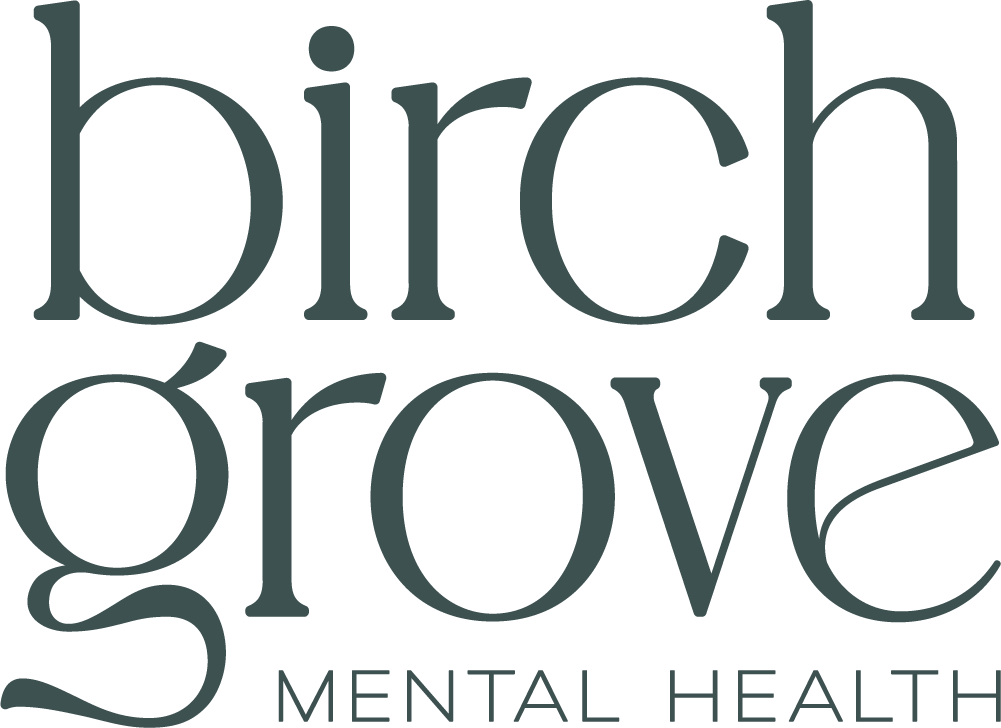Antidepressant Medications
Antidepressant medications work by altering brain chemistry to improve mood and emotional well-being. They are particularly effective for individuals experiencing moderate to severe depression. Antidepressants can help relieve symptoms such as persistent sadness, fatigue, and difficulty concentrating, allowing folks to regain functionality in their daily lives and often help to make space for therapy and growth.
However, medications are not without drawbacks… some individuals may experience side effects like nausea, weight gain, or sleep disturbances. Additionally, finding the most effective medication and dosage often requires trial and error, which may frustrate some. While medications can provide significant symptom relief, they typically need to be taken consistently and at the doses recommended by your prescriber; consistency is key to minimizing side effects.
Cognitive Therapy
Cognitive therapy, a form of psychotherapy, focuses on identifying and modifying negative thought patterns and behaviors that contribute to depression. Unlike medications, Cognitive Therapy equips you with tools to manage your symptoms and develop coping skills.
Cognitive Therapy can be as effective as antidepressants in treating moderate to severe depression. A major advantage to therapy is its long-lasting effects… individuals continue to benefit from the coping skills they’ve learned, reducing the risk of future depressive episodes. Finally, therapy also avoids the physical side effects associated with medications, making it a preferred choice for some.
Combining Therapy and Medication
The most dramatic evolution comes when Cognitive Therapy and antidepressants are combined to meet goals set by the patient with therapist and prescriber. While any step toward treating your depression is a step forward (therapy or medication or both) combining the two can be more effective than either treatment alone, particularly for preventing relapses.
While medications address the biological aspects of depression, therapy helps individuals address the psychological and behavioral factors. The combined forces can provide a comprehensive treatment package with long-term benefits.
Personalized Treatment Plans
The choice between therapy, medication, or both should be tailored to the individual. Factors such as the severity of depression, personal preferences, and potential side effects should all be considered. Anyone debating these treatment choices should consider their personal symptoms and circumstances… someone with mild depression might benefit from therapy alone, while someone with moderate to severe symptoms may require medication to stabilize the condition before and while engaging in therapy.
There’s no one-size-fits-all approach to treating depression, and what works for one person might not work for another. It’s critical that with and provider (therapist or prescriber) that you have established clear goals and that you revisit them regularly.
So what is it… therapy, medication…?
Both therapy and medication are valuable tools in the fight against depression. Whether you choose one, the other, or both, the most important step is seeking help. Taking that first step will make a difference; it will inevitably lead to the next. Your provider can advise you on the best strategies. It never hurts to set a consultation and talk through the therapy, medication, combination question.
